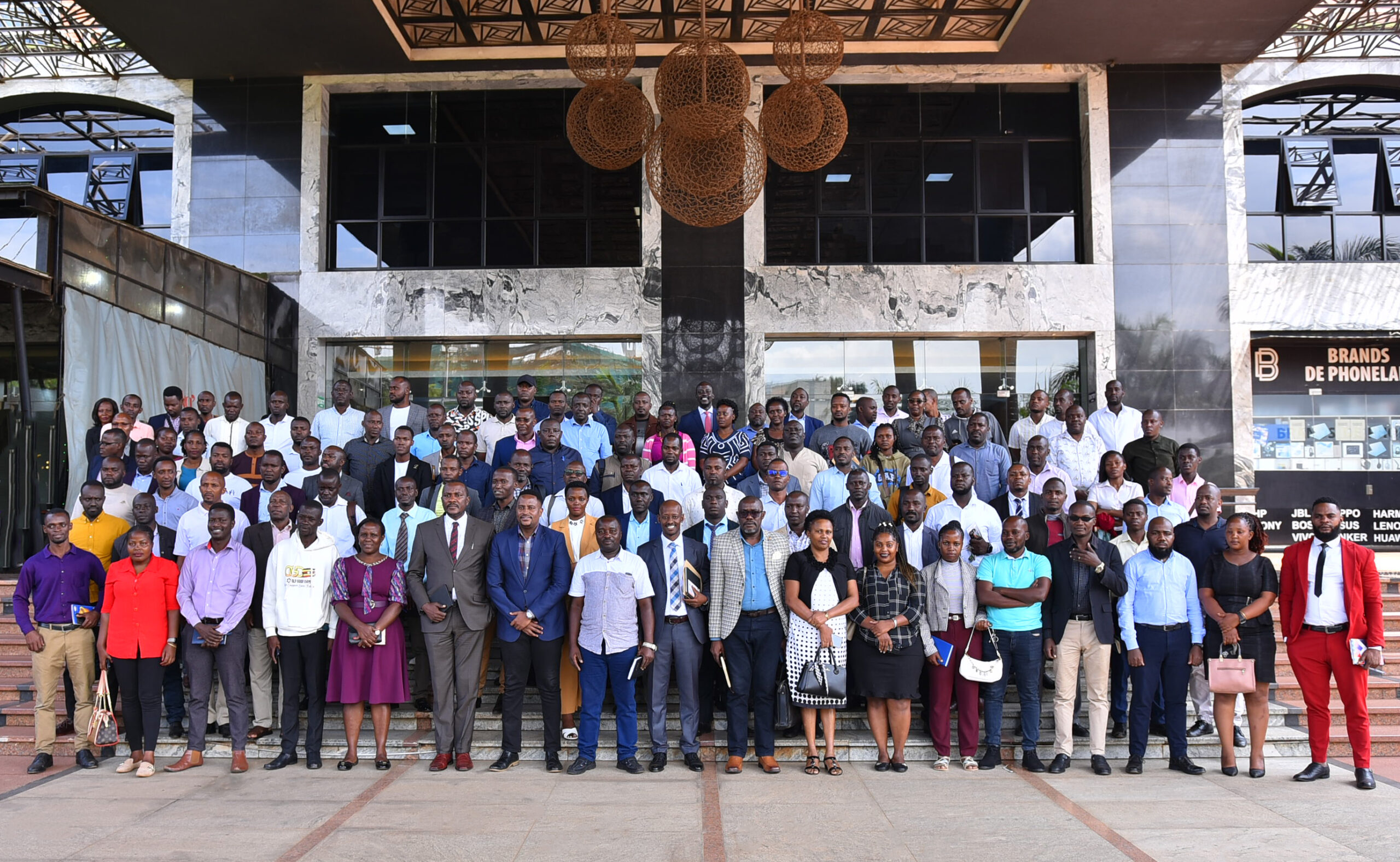Legitimate Money Lenders have urged the government to closely monitor economic activity during the Christmas season while re-opening dialogue on lending rates. Through the Money Lenders Association of Uganda (MLAU),…
Legitimate Money Lenders Secure Uganda’s Financial Future This Christmas


